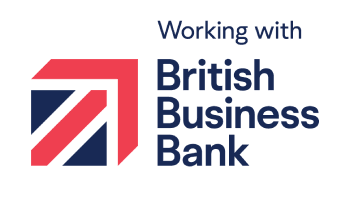Growth Guarantee Scheme (GGS)
Available to new and existing customers
Businesses who have taken out previous Government-backed lending are eligible
Available for new purchases or refinancing debt
What is the Growth Guarantee Scheme (GGS)?
The successor scheme to the Recovery Loan Scheme, The Growth Guarantee Scheme (GGS) launched in July 2024 and is designed to support access to finance for UK small businesses as they look to invest and grow.
The Growth Guarantee Scheme aims to improve the terms on offer to borrowers. If we can offer a commercial loan on better terms, we will do so.
Growth Guarantee Scheme-backed facilities are provided at our discretion. We are required to undertake our standard credit and fraud checks for all applicants.

Who is eligible for the Growth Guarantee Scheme?
To be eligible for a GGS loan, your customer’s business must:
Be a smaller business, with a turnover or up to £45m (on a group basis, where part of a group);
Be carrying out trading activity in the UK and, for most businesses, generating more than 50% of its income from trading activity;
Have a borrowing proposal which Atom would consider viable in line with our commercial lending policy in place at time of application;
Not be a business in difficulty, including not being in any relevant insolvency proceedings;
Provide suitable security for a secured loan in line with our commercial lending policy;
Be able to provide written confirmation that receipt of the Growth Guarantee Scheme facility will not mean that the business exceeds the maximum amount of subsidy they are allowed to receive. All borrowers in receipt of a subsidy from a publicly funded programme should be provided with a written statement, confirming the level and type of aid received.
Who is not eligible to apply?
Banks, building societies, insurers or reinsurers (excluding insurance brokers)
Public sector bodies
State funded primary or secondary schools.

